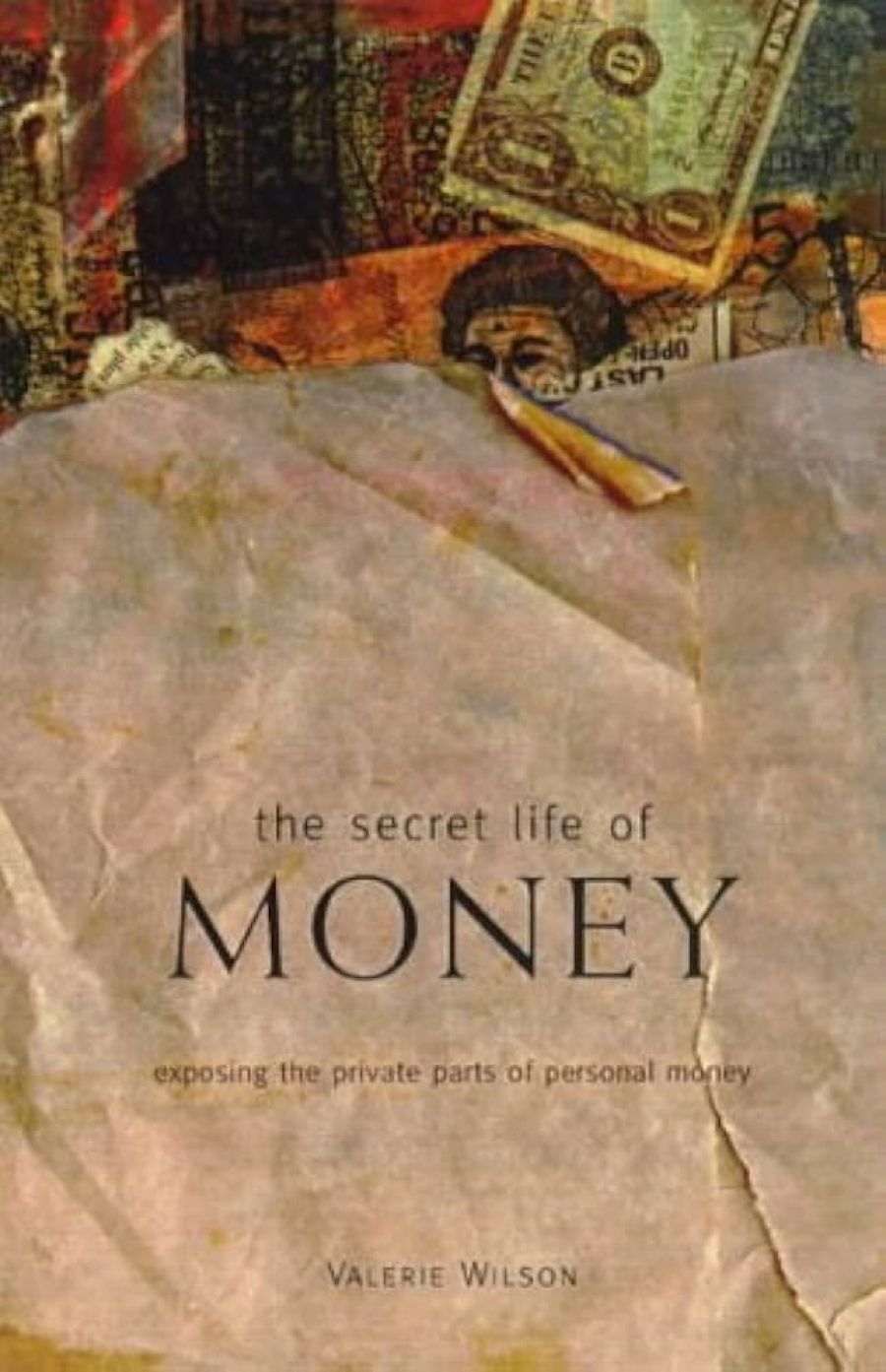
- Free Article: No
- Contents Category: Psychology
- Review Article: Yes
- Article Title: The Root of All Secrets
- Online Only: No
- Custom Highlight Text:
I wouldn’t have minded being a fly on the wall when Valerie Wilson did the research for this book. It began life as a PhD project in the University of Melbourne’s Business School. Wilson wanted to find out what underlying attitude people had to money. She should have asked me. I love the stuff. Just don’t see enough of it.
- Book 1 Title: The Secret Life of Money
- Book 1 Subtitle: Exposing the private parts of personal money
- Book 1 Biblio: Allen & Unwin, $19.95pb, 224 pp
- Book 1 Cover Small (400 x 600):

- Book 1 Cover (800 x 1200):

Wilson narrowed her range of vision down to focus on ‘the normal everyday experience of money, as opposed to specific money issues or disorders’. She dealt with people of Anglo-Celtic origin, aged 35 to 55, from households in which somebody was in regular employment. The research involved principally six ‘focus groups’, three consisting of men, three of women. Membership of each group was decided on the basis of whether the middle-aged Anglo-Celt in question could be categorised as either ‘lower-income’, ‘middle-income’ or ‘upper-income’. There were also some ‘pilot interviews’ and a dozen ‘wealthy women’, with taxable incomes ranging from $100,000 to $1 million were also included in the research sample. I bet my next-door neighbour was one of them. In total, sixty-one people were sampled, suggesting that middle-aged Anglo- Celts are in shorter supply than they used to be. In fact, Wilson provides a persuasive justification both for fixing on this demographic group and for using ‘qualitative’ research based on a small number rather than ‘quantitative’ research based on a multitude.
Jane Austen was candid about money, right down to the last guinea, and coy about sex. Actually, she wasn’t that coy about sex. Wilson finds that these days there is a stronger taboo in talking about personal money than there is in talking about sex. People are private about their money. The subject is clothed in secrecy. This book goes a fair way towards proving its own thesis. We are told that Valerie Wilson has spent thirty years being paid for ‘conducting attitude-research projects for marketing, political and social research purposes’. But not how much. We are told that a well-known benevolent institution, the ANZ Bank, paid for running the focus groups. But not how much. We are told of the discussion groups that ‘participants are usually paid something for their attendance’. But not how much. I would have done it for a tenner. Even a fiver towards the end of the fortnight.
There is wisdom in this book but it is of a conventional, slightly tired, kind. She speaks about money in a way that is mercifully free of jargon, but even as you are grateful for such plain speaking you begin to wonder if perhaps economic jargon develops as a way of adding lustre to an otherwise dreary area of life. Wilson reflects on the different types of language which are used to describe money: expressions such as ‘pennies from heaven’ or ‘almighty dollar’ are from a religious lexicon, ‘filthy lucre’ and ‘tight arse’ are from a bodily lexicon.
Wilson is an astute reader of psychology and sociology. She draws, for example, on Freud’s ‘anal theory’ of money, which divides people basically into expulsives and retentives
depending on how their own autonomy developed during the period of toilet training. She also draws on the work of Melanie Klein who ‘located money-attitude development at an earlier stage in infancy than did Freud’, namely, at the breast, the point at which a child experiences gratification or otherwise of its immediate wants.
Wilson looks at issues such as control, power, gender attitudes, sexual allure and childhood development. She covers a lot of ground and finds, on the whole, that the attitudes towards money of most people are tinged with negativity and anxiety. She has a fair crack at explaining why.


Comments powered by CComment